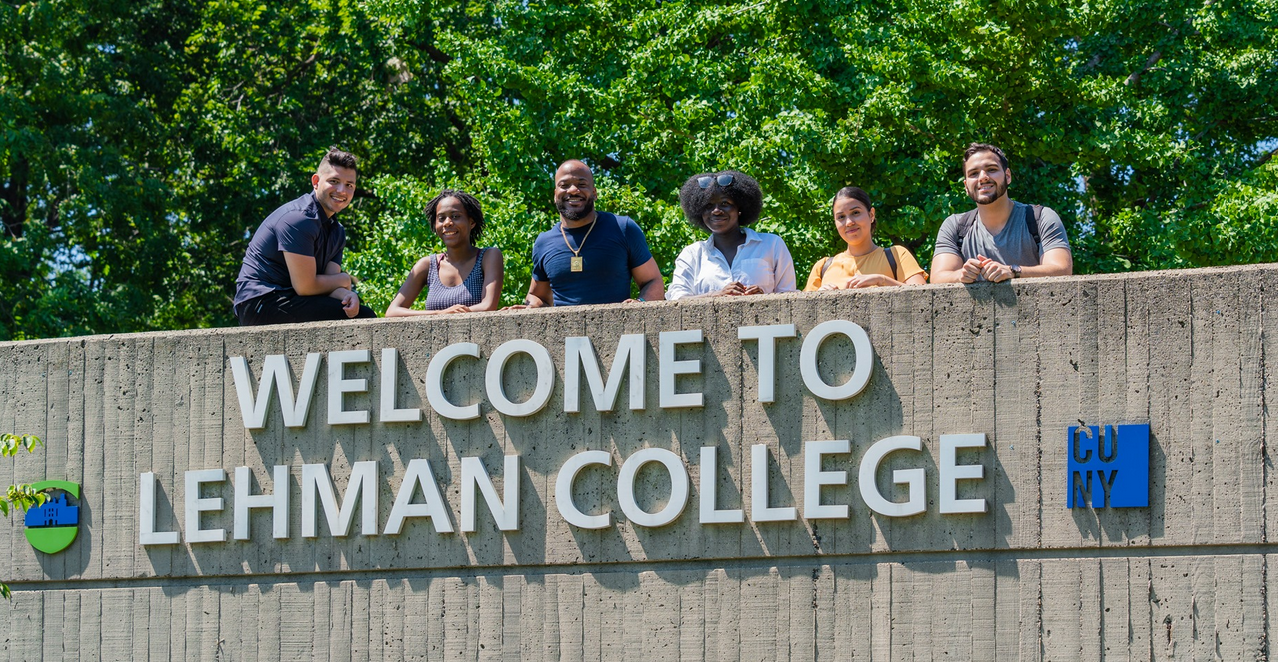Black people through blood, sweat, tears opened the way for everybody–remain marginalized.
Ninety-one years since Carter G. Woodson conceptualized Black History Month, New York City’s Black children are still considered not “smart enough” to gain access in any significant number to the nine Specialized High Schools (SHS) for intellectually gifted and talented students.
The data over the past 34 years are disturbing. In some years, the elite Bronx High School of Science had only 12 Blacks out of its 3,020 intellectually gifted students.
Over the past 30 years when the media have pointed out to the blatant inequity, the Department of Education promised to remedy the disparity. The result? Fewer Blacks gained acceptance to the SHS.
How have Black parents reacted? It is one thing if the department of education data declare that Black children are “not smart.” Which other group of people would be the majority in a city and keep quiet when the Department of Education deems prison-type education, rather than education in the city’s elite schools, is deemed best for their children?
I have written extensively on the problem of Black students’ absence from the SHS, so I will not repeat myself here. However, I will provide insight to the problem based on my response to a writers’ blog website. On such sites, what other people think about Black achievement is evident. Of course, Blacks are hardly found on such sites even though our views are well represented on sites discussing prayer or posting images of well-endowed posteriors.
Reacting to my own comment the writer cliamed: “Dr. Green – as long as the ‘Black Community’ (if such a thing even exists – I doubt it) is convinced that they must wait until one of their self-appointed ‘leaders’ sets them up with free housing, jobs, etc. their situation will just deteriorate. Explain this: Millions of people have immigrated to the US from Southeast Asia and India over the past few decades. Despite having NO advantages or money (many not even speaking English) in a few years they are owners of small businesses, their children are high achievers in school, own their homes, drive a decent car, have a bank account and are steadily climbing up the economic ladder. ” [Mike].
My response to Mike:
“As an Immigrant, I quite understand what you stated. Black Caribbean immigrants come to the US and as they land they want to buy a house. It is a fascinating thing for a non-English speaking girl to come to the US as an Asian boat refugee, and five years later, she is valedictorian at NYC Stuyvesant High School for gifted and talented children.
Yes, Asians are the majority student groups in such schools, and Blacks and Latinos are basically invisible, even though they are 70% of NYC student population. The scholar Ogbu spoke about involuntary minorities, where Blacks were brought here against their will as slaves. Asians came here willingly. Therefore, their views of America are different. There is also the fact that refugees escaping communism were welcomed in America and given starter packages. Blacks escaping from Haiti were (deported) and sent back.
So, the treatment of immigrants determines their success, Asians are known as the model minorities, and teachers have higher expectations of them than of Black children. Sadly, there is also the factor of child rearing practice and family expectation. It is not to say Black parents have a lower expectation, but the structural racism and being beaten down so long, many native Blacks may have developed learned helpless and hopelessness.
While many of them have come to see doom and gloom in America, a Black jumping off the boat from Africa, the Caribbean or wherever, sees a land of milk and honey. I will close by noting how Asians pool their resources to help each other start businesses; it is hardly so of native Blacks, who still suffer from the action of the mistrust of each other plantation owners planted in them. As an immigrant Black, I will not cast aspersion on native Blacks as others do. I understand they opened up this country so that all other immigrant groups can enjoy the benefit of America.
They were beaten down, stepped upon, and betrayed in the process, as they watched Black immigrants calling them ‘lazy’ without knowing what they endured or wanting to offer a helping hand.”
The barriers for many domestic Blacks are created–they must be overcome.
Dr. Rupert Green is an educator in New York [email protected]






